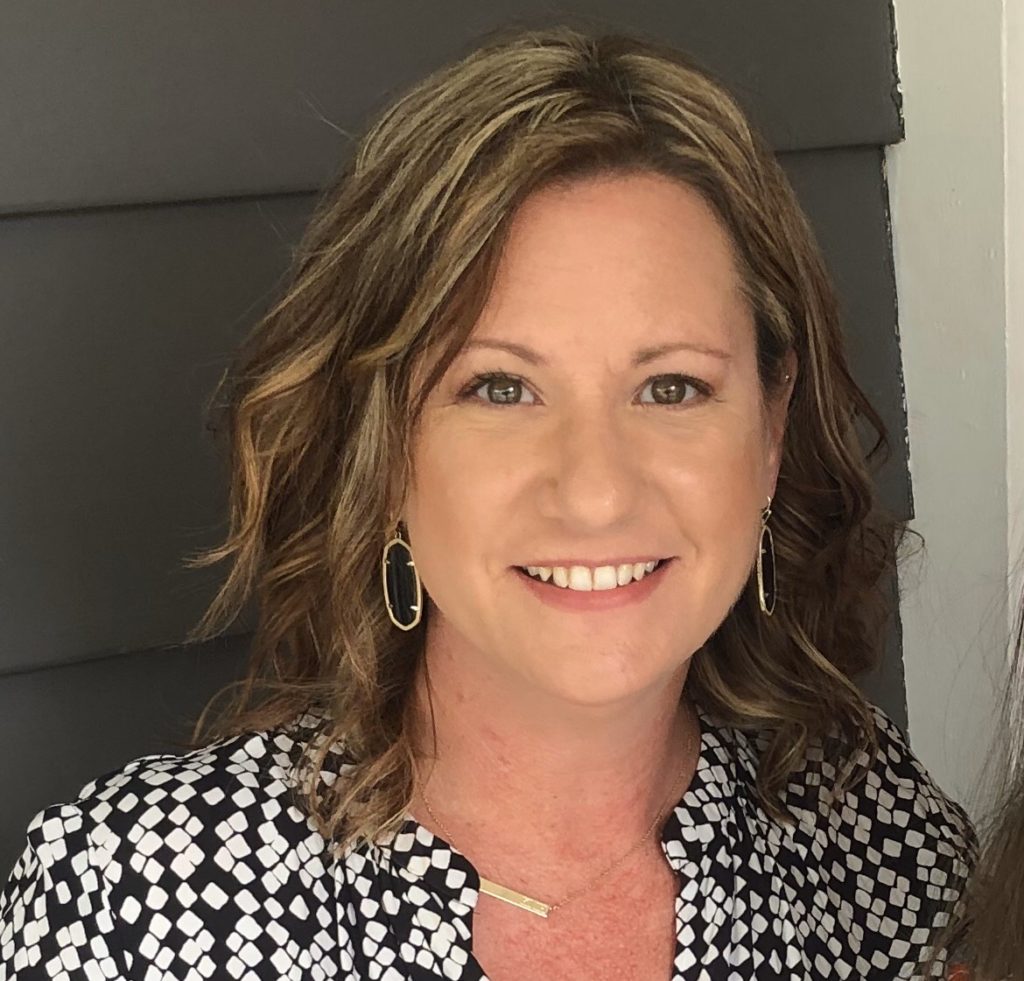Kerry Murphy-Hammond
I have always considered myself an open-minded person who “didn’t see color”. The truth is there wasn’t a lot to see. I grew up in a New York suburb that was primarily white. I can count on one hand the number of people of color in my graduating High School class. I remember moving to Richmond and making a mental note at the grocery store “Oh, there’s black people.” After the disgusting Unite the Right Rally in Charlottesville on August 12, 2017, I became obsessed with learning more about what would drive these white men to be filled with such unimaginable hate.
I took the Implicit Bias Survey, published by Harvard, thinking I would score off the charts in favor of people of color. I was shocked when I didn’t, but it forced me to really try and understand the depth of racist bias. I feel reading the book “White Fragility: Why It’s So Hard For White People To Talk About Racism” by Robin Diangelo helped me begin to understand not only how deeply ingrained racism is in our culture, but how I, as a white person, have benefited from systemic white supremacy. It was startling for me to realize that I, like many, just assumed that not being personally prejudice was enough.
I think of all of the subtle and not so subtle racist remarks I’ve heard from friends, family, and co-workers that I knew were wrong, and deeply regret not recognizing them for what they were. I refuse to keep silent anymore. I am committed to using my very white privilege to educate other white people. Most importantly, I recognize I have a lot more to learn and I am all in on learning as much as I can and using that knowledge to champion equality. I am tired of talking and ready to be a part of the long-overdue change that needs to happen.




